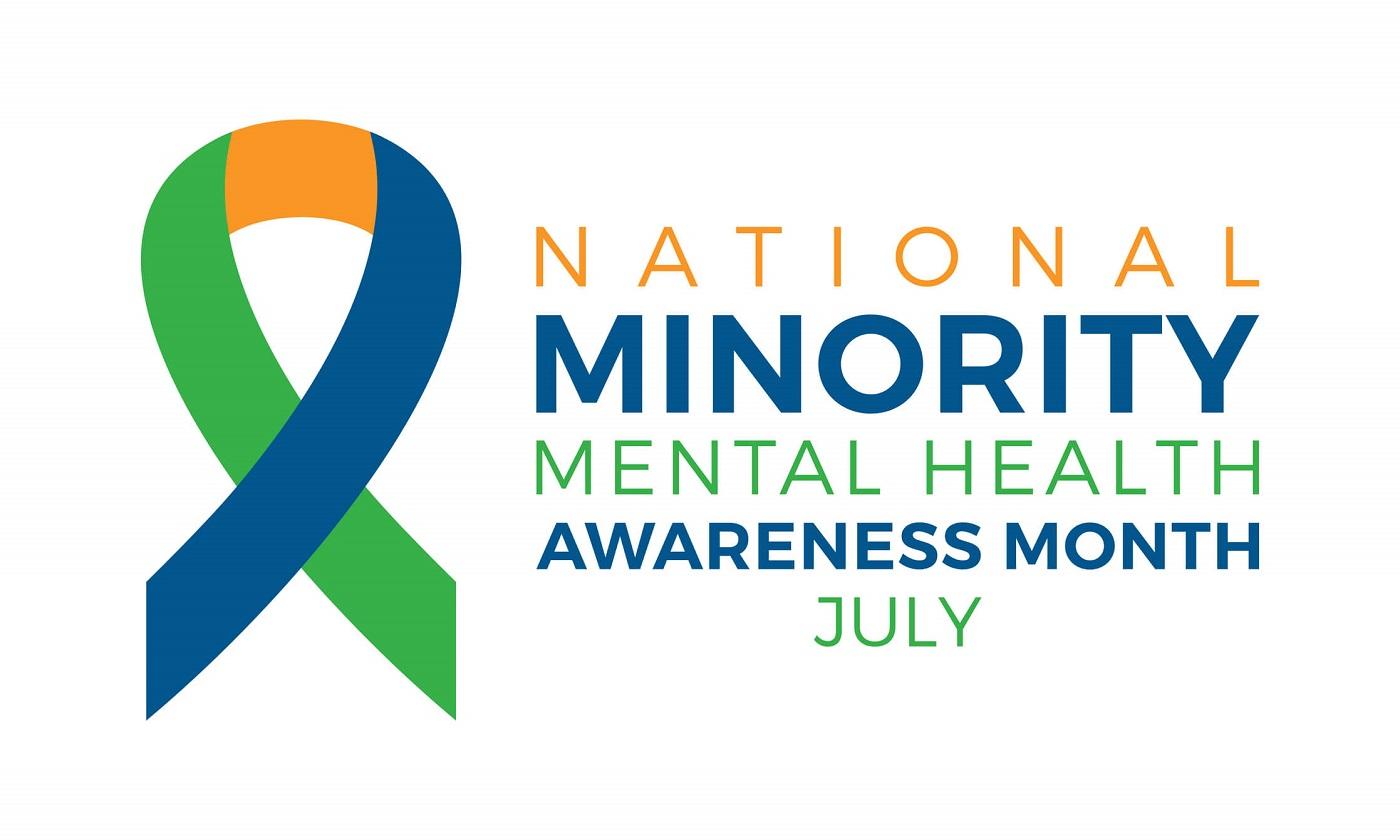Every July, the United States observes Minority Mental Health Month, a time dedicated to raising awareness about the unique mental health challenges faced by racial and ethnic minority communities. This observance was established in 2008 to honor the legacy of Bebe Moore Campbell, an author and advocate who worked tirelessly to shed light on mental health disparities and reduce stigma.

Understanding Social Determinants of Health
Social determinants of health (SDOH) are the non-medical factors that influence health outcomes. These include the conditions in which people are born, grow, work, live, and age, as well as the broader set of forces and systems shaping the conditions of daily life. SDOH are responsible for a significant portion of health disparities, particularly in minority communities.
Addressing Mental Health Disparities
To improve mental health outcomes for minority communities, it is crucial to address the social determinants that contribute to disparities. This involves multi-faceted approaches that include policy changes, community programs, and increased funding for mental health services in underserved areas.
Resources for Minority Mental Health
- National Alliance on Mental Illness (NAMI): Provides resources and support for individuals and families affected by mental illness. NAMI
- Mental Health America (MHA): Offers information on mental health conditions and a toolkit for Minority Mental Health Month. MHA
- Substance Abuse and Mental Health Services Administration (SAMHSA): Offers resources and treatment locators for mental health and substance use disorders. SAMHSA
- The Steve Fund: Focuses on supporting the mental health and emotional well-being of young people of color. The Steve Fund
- Black Emotional and Mental Health Collective (BEAM): Works to remove the barriers that Black people experience getting access to or staying connected with emotional health care and healing. BEAM
Conclusion
Minority Mental Health Month is an essential time to reflect on the challenges faced by minority communities and to advocate for systemic changes that promote mental health equity. By addressing the social determinants of health and providing culturally competent care, we can make significant strides toward reducing mental health disparities and ensuring that all individuals have the opportunity to thrive.
